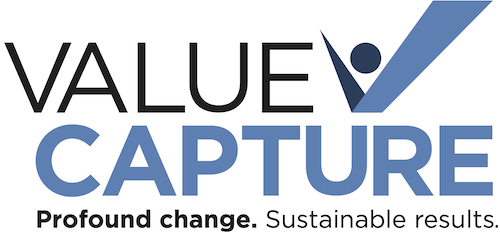The Three Questions Asked by Paul O'Neill
“An organization has the potential for greatness when everyone can answer 'yes' to three questions.” — Paul O’Neill, Sr.
In many speeches and discussions over the course of decades, Paul O’Neill, Sr. shared three critically important questions that everyone in an organization must be able to answer “yes” to, every day and without reservation.
If everyone could say yes, O’Neill believed an organization then had the potential to be habitually excellent. He would emphasize the word “potential” as he spoke, making clear that being a leader of a habitually excellent enterprise requires continual proactivity, learning, modeling the behaviors of excellence, and iterative understanding and adjusting.
Value Capture usually refers to these as “the Paul O’Neill questions” or “the three questions,” and these are also known as “the 3 Rs” (you’ll see why below):
- Am I treated with dignity and respect by everyone I encounter?
- Am I given the resources I need to make a contribution to the organization that adds meaning to my life?
- Is my work recognized by someone whose opinion matters to me?
Let’s take a closer look at each of these, below.
Question 1: Respect
"Am I treated with dignity and respect by everyone I encounter?"
Paul would always elaborate on what he meant by being treated with dignity and respect. For example, in his 2014 speech to leaders and providers at UVA Health (at the University of Virginia), he said the first question everyone should be able to answer affirmatively is:
"Are you treated with dignity and respect every day by everyone you encounter without regard to race, or gender, or nationality, or pay level, or rank, or any other qualifying characteristic? "
Sometimes he would phrase his question a bit differently:
“Can every person in the organization say every day without any hesitation, ‘I’m treated with dignity and respect every day by everyone I encounter without regard to my rank, my pay level, my educational attainment, my gender, my ethnicity, my nationality, my race or any other qualifier that you want to put in front of it?’”
One might wonder about other distinguishing characteristics or groups of people, whether Paul meant to include unnamed groups, for example, LGBTQ+ or indigenous people. When asked that question, Paul O’Neill, Jr. said, “He meant always, everybody. If you’re a human being, you’re included."
In that same UVA Health speech, Paul further explained:
“I have to tell you there are not many organizations that I know of where people can honestly say yes to that. In health medical care, there is a tendency toward hierarchy.
I would warrant this to you. The people who clean the rooms are as important as the people who do the surgery. If they don’t do their work well, a perfect surgery gets undone. Are those people important? Yeah.
Everybody should be treated with the same dignity and respect no matter what you do.”
Paul acknowledged that it is hard to find organizations in which everyone can answer “yes” to this first question. He would encourage leaders to embrace this challenge.
“I like, as an intellectual discipline, the idea of a theoretical limit... There are some things that I believe only a leader can do… It’s the leaders’ responsibility to create the cultural conditions in an organization where people can answer yes to three questions every day.”
Click the video player below to see Paul talk about the three questions:
“Paul O’Neill: Cross-Sector Leadership Principles,” a 2019 case study from the Johnson Institute for Responsible Leadership (University of Pittsburgh Graduate School of Public and International Affairs), provides this quote from Paul:
“Why should the hospital cleaning crew be treated any differently than the brain surgeon? They may not have the prestigious credentials, but if they do their work poorly resulting in infections, they can undo all the things accomplished by the surgeon. Moreover, if the hospital’s systems and procedures prevent them from doing their job, then the lack of respect given to them is even more unjust and tragic.” [Emphasis added]
In a 2013 address given to members of the Healthcare Value Network at the Catalysis Lean Healthcare Transformation Summit, Paul offered this description of the leader’s role in creating the conditions for “yes”:
“I don’t believe these ideas [of habitual excellence] can exist in an organization unless the leader articulates, owns, and practices the ideas that produce these cultural responses every day… Do the people who clean rooms get the same quotient of dignity and respect as a surgeon who produces 25 percent of the revenue? I don’t personally know many organizations where that is literally true."
"It cannot be true unless the leader is dedicated to that idea and sets in motion a continuous process of taking away anything and everything that interferes with the ability of every individual to say yes.
If the leader isn’t dedicated to that proposition, if it’s OK for people to be abusive out on the wards because, in other regards, they were good or useful or even a superior performer, forget it.
This is a rule without exceptions. It’s not OK to make exceptions.”
Again, dignity and respect means every person, every encounter, every day.
Question 2: Resources
“Am I given the resources I need to make a contribution to the organization that adds meaning to my life?”
Every person needs resources to perform their work. While we may typically think of resources as things like computers, desks, and tools, as well as training and continuing education, Paul posed this question more expansively:
"Can people say, ‘I’m given the things I need, education, and training, and financial support, and encouragement — that’s really important — so that I can make a contribution to this organization that gives meaning to my life’?”
He continued: “The last part of that is really important. If you stop with making a contribution to the organization, it’s about extracting something from people. In a really great organization, people get meaning in their life from the work that they do because it is so rewarding. They understand why they’re important.”
It’s worth re-reading Paul’s question as quoted above. He includes among the resources needed -- “encouragement” (“that’s really important”), and the condition that contributions to the organization “give meaning to [the employee’s] life.”
Just think for a minute about those elements of this question. Have you considered, either for yourself or your team, that encouragement is a resource? And, have you experienced in your career a leader who works to ensure that you gain meaning in your life from your work? Will you look at your responsibility to provide resources to your team a bit differently?
As you think about those elements of this question, absorb this guidance from Paul:
“Let me go back to the people who clean the rooms. If they don’t have meaning in their life, it’s a failure of leadership explaining to them and to everyone else, 'You are really important and let me tell you why. You could undo the surgery if you don’t do your job with perfection every day and, therefore, you are important, and you should take pride in every successful surgery without a hospital-acquired infection.'”
An example of this that we have seen is healthcare organizations that refer to every employee as a “caregiver.” Regardless of their job function, level, or educational attainment, everybody in the organization provides care in some way -- and that work (providing that care) should provide meaning to every employee’s life.
It’s easy to see how a nurse, physical therapist, physician, or other provider of care could be seen as a caregiver. But, to Paul’s example, the hospital environmental services staff provides care in the sense that they help prevent infections (among many other impacts). The dietary services and cafeteria team members provide healing sustenance and comfort to patients and their loved ones. The security and facilities team help ensure safety for all.
- UMass Memorial: Everyone is a Caregiver
- Cleveland Clinic: All of Our Employees are Caregivers
- Where everyone is a caregiver (Modern Healthcare)
Question 3: Recognition
“Is my work recognized by someone whose opinion matters to me?”
It seems like a fairly straightforward question. But here is a closer look, from Paul’s 2013 speech to the Catalysis audience:
“Recognition is not a blow-off ceremony in the cafeteria where the person who’s giving the award can’t even pronounce everybody’s name. That’s not what I mean by recognition in this trilogy of necessary things that only a leader can establish in an organization..."
"You can’t get to these three propositions with cheerleading. This is not about writing it on the wall and believing as a leader that you’ve accomplished a purpose. It needs to be in the organization. It needs to be owned by the people.”
In his speech at UVA Health, Paul put it this way:
“I don’t mean claps in the cafeteria.
I mean as you’re going off the ward at night, somebody you care about says to you, “Great job today.” The recognition thing is so important to have an organization where people are together. It doesn’t have to be from Rick [Shannon, then the Executive Vice President for Health Affairs]. People will take a nice thank you on the way out at night and it will give them that complete circle of, “This place gives meaning in my life.”
Chances are, everyone has received at least one empty “kudo” in their career, so Paul’s words on this question should ring true.
Notice also how Paul ties this third question to his second question element of feeling true meaning from one’s work, every day. Now look back at the first question, about respect and dignity, and the through-line is clear.
Start with respecting everyone, every day, without regard to any distinguishing characteristics.
One way to demonstrate respect is to ensure that everyone is provided the resources they need to do their work, including encouragement, and that the contributions they make add meaning to their lives.
Recognize people for the work they do, the ideas they propose, the effort and results they produce, and genuinely thank them for all they contribute. This is the path to “habitual excellence” in everything that we do in our organization.
Other Insights Related to the Three Questions and Underlying Principles
Why (and How) We Do a Pulse Check of Every Team Member Each Week (this is one way Value Capture utilizes the three questions and demonstrates respect for team members)
“A Playbook for Habitual Excellence: A Leader’s Roadmap from the Life and Work of Paul H. O’Neill, Sr.” (Contains the Catalysis and UVA Health speeches and reflection questions, available in eBook, Kindle, and paperback)
“Lasting Impact: Leaders Share Lessons from Paul H. O’Neill, Sr.” (eBook)
Video of 2014 UVA Health speech
“The Irreducible Components of Leadership” (video)
“Can You Answer ‘Yes” to These Three Important Workplace Questions?”
“What Paul O’Neill Taught Health Care about Workforce Safety”
“Paul O’Neill: Values into Action”
“A New Approach to Leadership” (excerpt from “Lasting Impact”)



